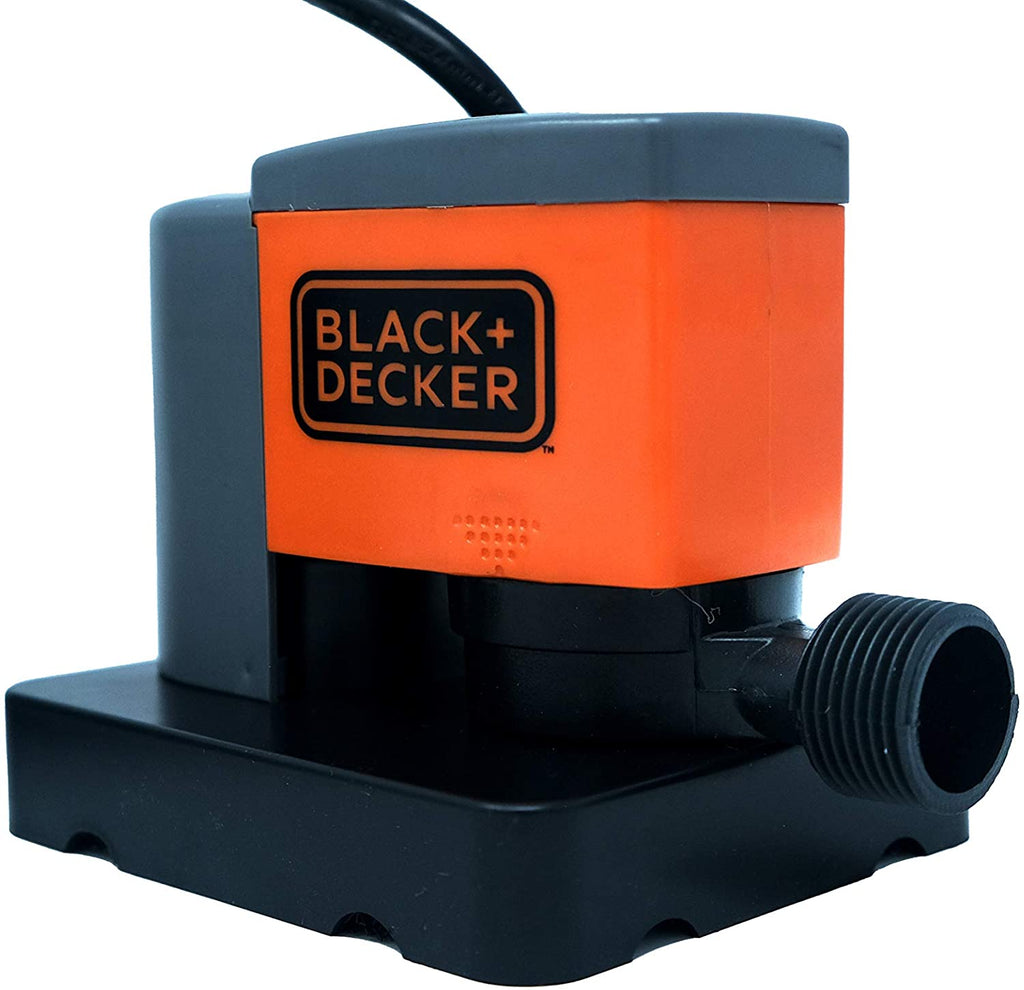Hi all,
Recently I went ahead and brought this pool cover pump.
Its automatic and seems to work really well. However, there are couple things I wanted to run by everyone.
First, it only has 2 prong electrical wire. There is no ground and considering this thing is going to sit in the water outdoors, isn't it necessary? I do not have GFCI plugs outdoors so am I asking for trouble here?
Are these okay to leave outdoors and get wet? I may bring it inside when the weather gets down to freezing but for now, is it okay to sit outside while plugged in?
Thanks
Recently I went ahead and brought this pool cover pump.
Its automatic and seems to work really well. However, there are couple things I wanted to run by everyone.
First, it only has 2 prong electrical wire. There is no ground and considering this thing is going to sit in the water outdoors, isn't it necessary? I do not have GFCI plugs outdoors so am I asking for trouble here?
Are these okay to leave outdoors and get wet? I may bring it inside when the weather gets down to freezing but for now, is it okay to sit outside while plugged in?
Thanks




